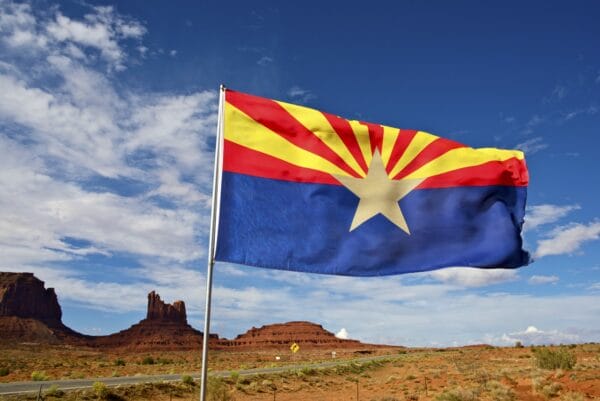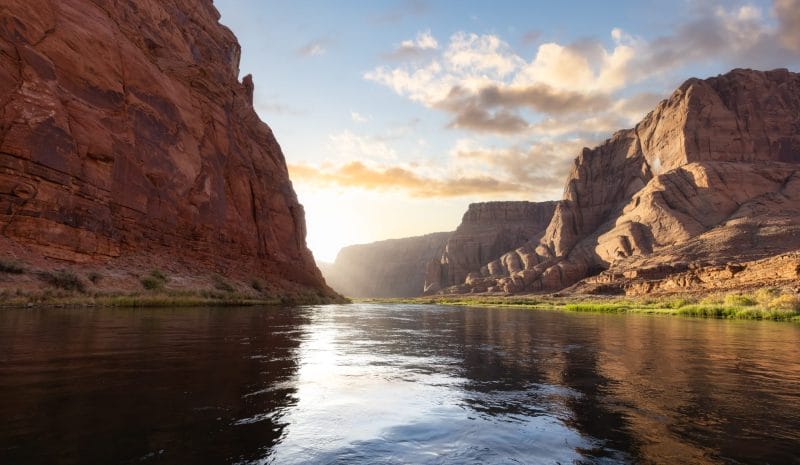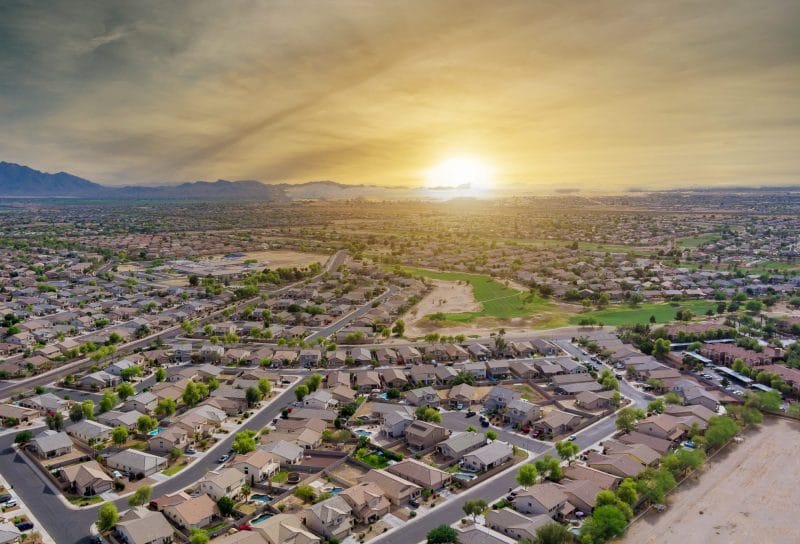By Sasha Hupka | Arizona Republic
Standing in a horse arena Sunday afternoon, Rep. Alexander Kolodin told his Rio Verde Foothills constituents a biblical story — that of Moses and the stone that he struck to procure water.
“We’re done talking to the rock,” Kolodin said. “It’s time to beat the rock.”
Like Moses, the people of Rio Verde Foothills need water. And in this case, Kolodin’s metaphorical rock is Scottsdale Mayor David Ortega and his “radical, anti-growth, environmental agenda.”
The community gathering at Reigning Grace Ranch, where Kolodin, R-Scottsdale, was joined by state Rep. Gail Griffin, R-Hereford, Sen. John Kavanagh, R-Fountain Hills, and about 150 Rio Verde Foothills residents, was just the latest attempt to move Scottsdale officials.
The lawmakers invited Ortega, the Scottsdale City Council and Maricopa County Supervisor Tom Galvin, who represents the district encompassing Rio Verde Foothills, to come to the discussion.
Just one local leader, Councilmember Tammy Caputi, took them up on the offer.
For weeks, the city has held that its decision to cut off Rio Verde Foothills residents from accessing a nearby city standpipe is on the right side of the law. The community is near city limits but falls outside its boundaries as an unincorporated area of Maricopa County, and Scottsdale officials have pointed to drought on the Colorado River and other concerns as justification turning off the taps.
Scottsdale saved 38 million gallons of water in 2022 and hopes to slash 30 million more in 2023. Cutting off the community could have more impact on their conservation than every other 2022 initiative combined.





